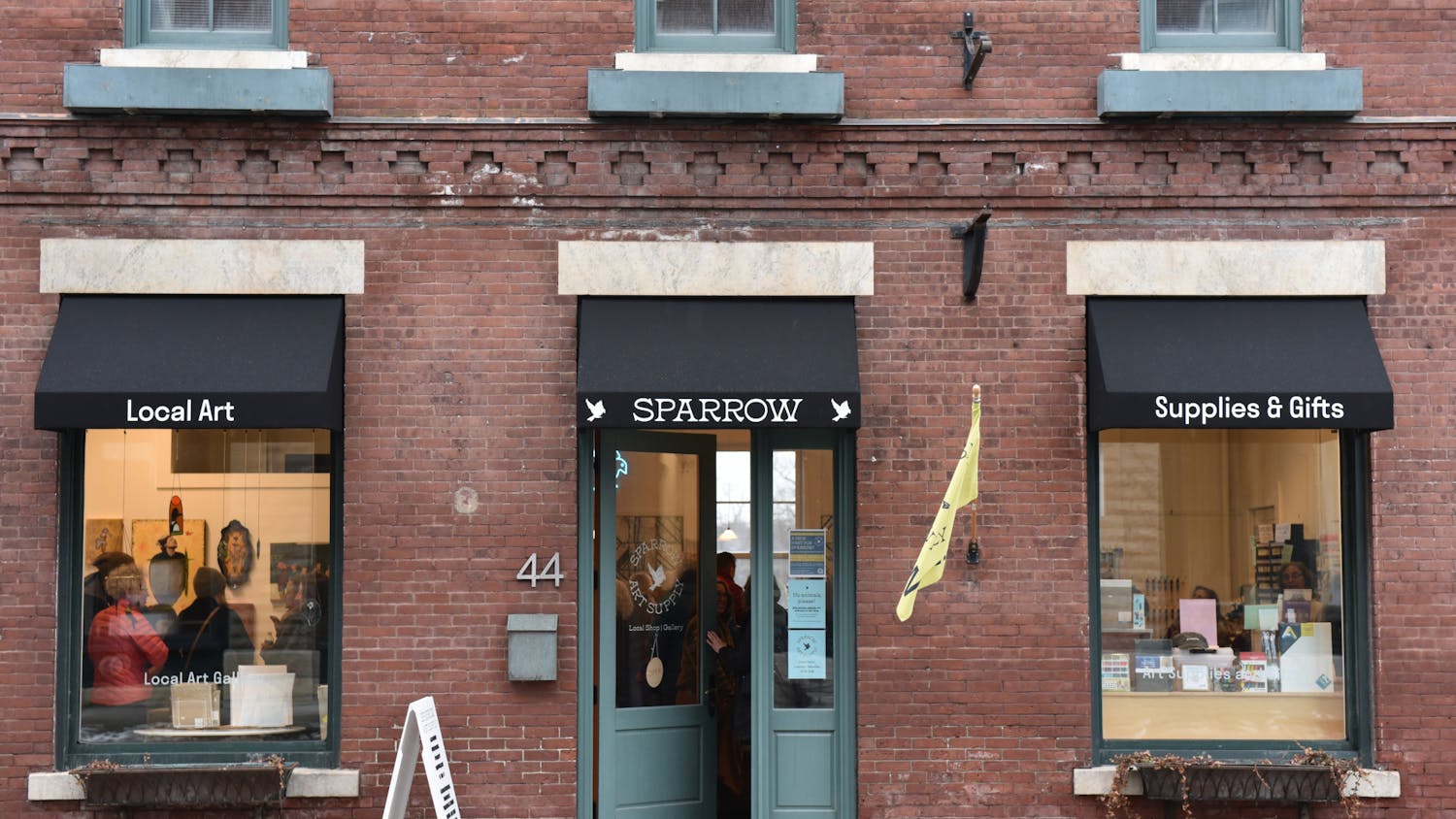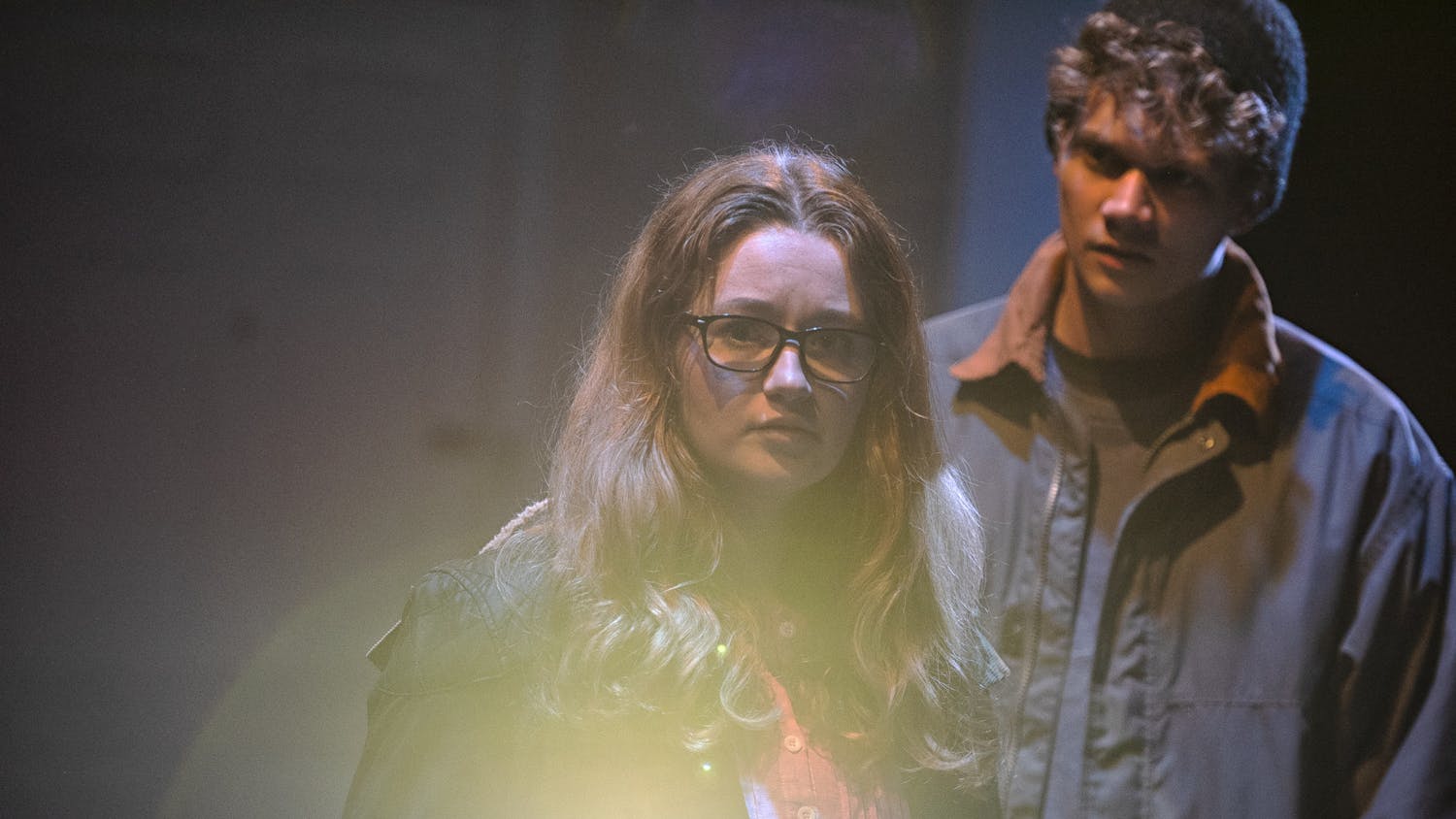Beginning today, the evocative Vanek Trilogy will run in the Hepburn Zoo Nov. 29 to Dec. 1. The show is the senior thesis production of Noah Berman ’13 and Izzy Shill ’12.5, who act in the show alongside Adam Milano ’15. Paula Bogutyn ’13.5 is directing the show for an independent project.
The show came to Berman and Shill’s attention upon the death of the author, Vaclav Havel, an influential dissident during the Soviet regime. After the fall of communism, Havel was elected president of Czechoslovakia, a satellite country to the USSR. In addition to his political power and activism, Havel was also a playwright, and when he died in 2011, his plays gained a surge of acclaim.
As its name suggests, The Vanek Trilogy is a trilogy of one-acts. The acts are not part of one singular play — rather, they are unique works unto themselves. However, the three acts are connected by the character Vanek, a semi-autobiographical personification of Havel who explores life under a communist regime in Eastern Europe. The Trilogy allows both the characters and the audience to experience constant surveillance and a tyrannical government, and documents the dehumanization that happens under an oppressive regime. According to Shill and Berman, “each scene is a conversation that [Havel/Vanek] finds himself either with his boss, friends or an old mentor that straddles the line between camaraderie and manipulation. The idea of the secret police, which were characteristic of the Communist totalitarian regime, is abstractly present in all acts, as is the thought of collaboration.”
Shill and Berman both “hope that this performance … will bring you closer to the experience of living under communism, and will make you think about those of us less fortunate than we — those who are living still in constant fear under various authoritarian regimes around the world.” The show is intended to raise questions about the meaning of freedom, as well as life without freedom.
Bogutyn noted that to direct the play, a good understanding of both the context and the region was necessary. Working around Vanek’s “moral sterility,” she said, “made our process very interesting and rich in exploration.”
In her director’s note, Bogutyn writes that “it has been very important to me to present the region Eastern Europe in a different light, dig deeper, overcome the stereotypes and often shallow understanding of what it means to be Czech, Slovak, Hungarian, etc. … From the very beginning of the process I wanted to emphasize how political these three plays are, alongside their artistic value, reach below the accentuated, often comic absurdities of living under a socialist regime and show the different reality.
However, Bogutyn said that the strength of The Vanek Trilogy lies in the fact that it is not a morality play. Many of the other characters in the play are not activists or strong of mind. Rather, Vanek is the only one portrayed as a moral hero. Audience members are not expected to associate easily with Vanek, but rather with the supporting characters who do not question the government so ferociously.
Shill hopes that the show will “illuminate some issues that the West hasn’t really been exposed to very much.” Similarly, Bogutyn wishes for the show to reflect on our modern lives in a democracy, as well as on the efforts of the human rights activists of our time.
Upcoming Play Evokes a Life Devoid of Freedom
Comments



